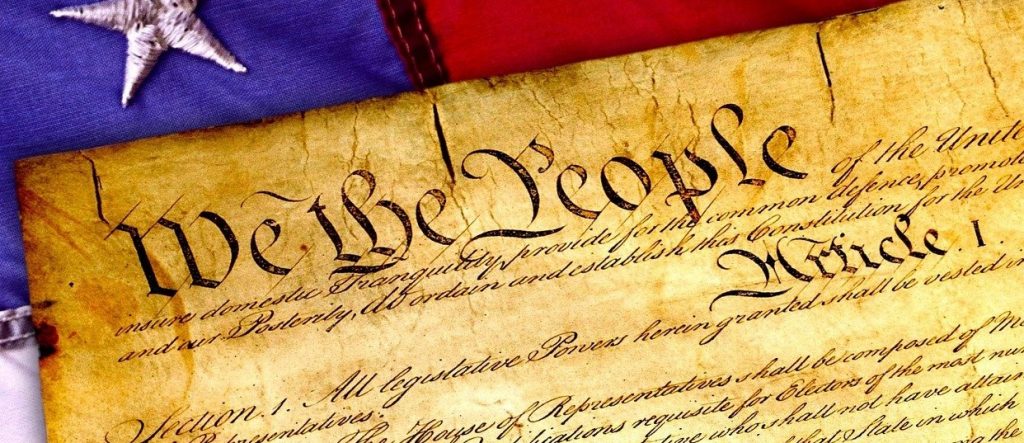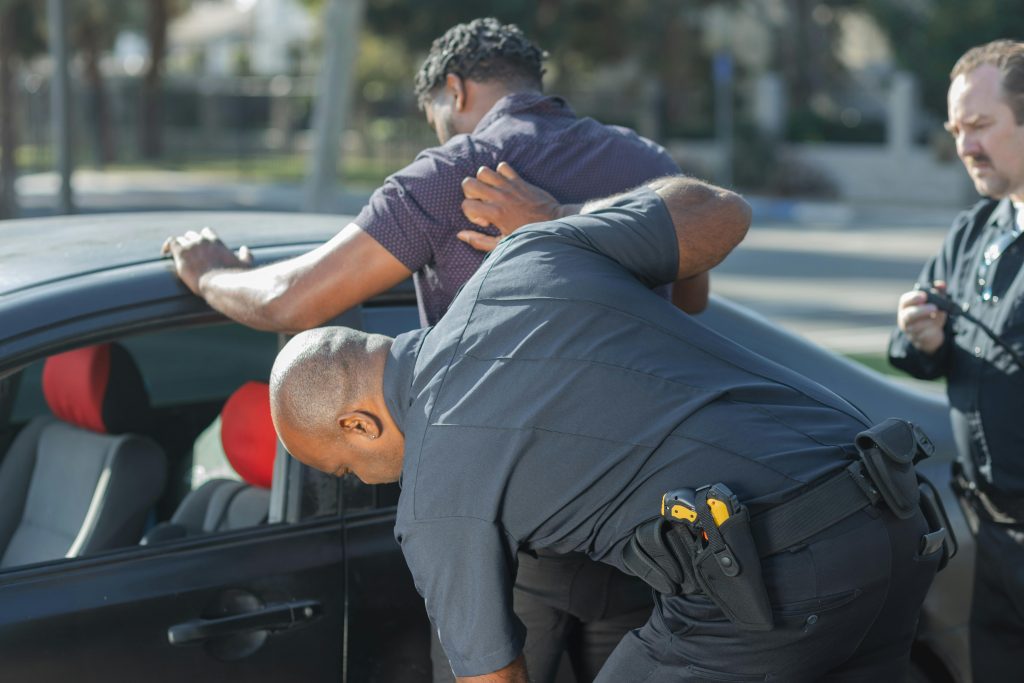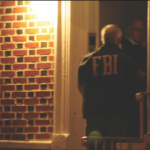Unawareness of the law does not excuse a violation of someone’s constitutional rights.
Violation of the 4th Amendment does not result in suppression of evidence if a police officer makes a “reasonable” mistake about the law. Being unaware of the law is not a reasonable mistake.

SCOTUS Fails to Protect Constitutional Rights
A frightening new opinion by the United States Supreme Court in an 8-1 decision held that police officers are permitted to violate an American citizen’s 4th Amendment rights if the violation results from a “reasonable” mistake on the part of the police.
In Heien v North Carolina, a police officer stopped Mr. Heien for driving when one brake light failed and then flickered on. The police officer believed state law required a car to have both brake lights working. The law only required one working brake light. During the stop, the police officer got consent to search Heien’s car and found drugs. The trial court denied a motion to suppress the drugs. The state Court of Appeals determined that the officer was mistaken, so the stop was invalid. The North Carolina Supreme Court concluded that the mistake was “reasonable,” so the stop did not violate the Fourth Amendment. Ultimately, the United States Supreme Court agreed.
Dissenting Opinion and Commentary
Justice Sonia Sotomayor was the lone dissenter. She warned that the court’s holding “means further eroding of the Fourth Amendment’s protection of civil liberties in a context where that protection has already been worn down.” In other words, she expressed concern that such decisions will further erode our constitutional rights and result in additional permitted 4th Amendment violations of rights.
John W. Whitehead of The Rutherford Institute stated, “[b]y refusing to hold police accountable to knowing and abiding by the rule of law, the Supreme Court has given government officials the green light to violate the law routinely.” His concern can be described as a slippery slope. He further states, “This ruling is what I would call a one-way, nonrefundable ticket to the police state.”

History of the Fourth Amendment
The Fourth Amendment to the United States Constitution has a rich history, deeply rooted in the experiences of the American colonists under British rule and the values of the Founding Fathers. Its importance and inclusion in the Constitution were driven by a strong desire to protect the privacy and liberty of individuals against arbitrary governmental actions.
In the aftermath of the American Revolution, as the Founding Fathers drafted the Constitution, there was a strong consensus on the need to protect citizens from the kind of governmental abuses they had experienced under British rule. The Fourth Amendment was proposed as part of the Bill of Rights by James Madison in 1789, and it was ratified in 1791 along with the rest of the Bill of Rights.
The Fourth Amendment was crucial for several reasons:
- Protection of Privacy: It reflected a fundamental belief in the importance of an individual’s right to privacy, safeguarding citizens from unreasonable intrusions into their homes and personal lives.
- Limiting Government Power: The Amendment was a clear response to the unchecked power of the government under British rule. It was intended to ensure that the new American government would not infringe on the liberties of its citizens.
- Establishing Legal Standards: By requiring warrants to be judicially sanctioned and supported by probable cause, the Amendment set a legal standard for searches and seizures, promoting a system of checks and balances in law enforcement.
- Reinforcing the Rule of Law: The Amendment underscored the principle that no one, not even the government, is above the law. It established clear rules that law enforcement must follow, thus upholding the rule of law.

If a judge finds that evidence was seized in violation of the 4th Amendment, is the case dismissed?
If a judge finds that evidence was seized in violation of the Fourth Amendment, it does not automatically mean that the case will be dismissed. The exclusionary rule, a legal principle established by the U.S. Supreme Court, typically comes into play in such situations. This rule generally prevents evidence obtained in violation of the defendant’s constitutional rights, particularly the Fourth Amendment right against unreasonable searches and seizures, from being used in court.
Here’s how this process typically unfolds:
- Motion to Suppress: The defense attorney may file a motion to suppress the evidence obtained in violation of the Fourth Amendment.
- Judicial Determination: If the judge agrees that the evidence was obtained unlawfully, that specific evidence is deemed inadmissible in court.
- Impact on the Case: The exclusion of this evidence can significantly impact the prosecution’s case. Suppose the evidence is crucial to the prosecution’s argument and little other evidence supports the charges. In that case, the prosecution may be unable to prove the defendant’s guilt beyond a reasonable doubt.
- Possibility of Dismissal: Depending on the centrality of the suppressed evidence to the overall case, the judge might dismiss the case, or the prosecution might decide to drop the charges if they no longer have sufficient evidence to proceed. However, this is not a given and depends on the specifics of the case.
- Other Evidence: If additional evidence was obtained legally and is sufficient to support the charges, the case might still proceed using that evidence.
- Appeals and Further Legal Action: Decisions about the suppression of evidence can be subject to appeals, and higher courts may review whether the lower court’s decision on the Fourth Amendment violation was appropriate.
In summary, while suppressing evidence obtained in violation of the Fourth Amendment can weaken the prosecution’s case, it does not automatically lead to dismissal. The outcome depends on the overall strength of the remaining evidence and the strategic decisions of the prosecution and defense.

Fighting To Protect Clients from 4th Amendment Violations of Rights
As you can see from this Blog and the Supreme Court’s decision in this case, criminal law and constitutional law can change dramatically and quickly, and not necessarily for the better. The Michigan criminal attorneys with LEWIS & DICKSTEIN, P.L.L.C. take great pride in being among Michigan’s most respected, highest-rated defense lawyers. Our team of highly skilled and respected attorneys has successfully defended clients on felony and misdemeanor charges in Michigan for decades. Our firm is renowned for providing passionate, experienced, and effective state and federal court representation. We like nothing more than fighting for our clients and ensuring the government is held accountable to the law. LEWIS & DICKSTEIN, P.L.L.C. will ensure you are given the best legal representation available, and we will treat you like we would want a member of our own family to be treated.
Call us today at (248) 263-6800 for a free consultation or complete an online Request for Assistance Form. We will contact you promptly and find a way to help you.














